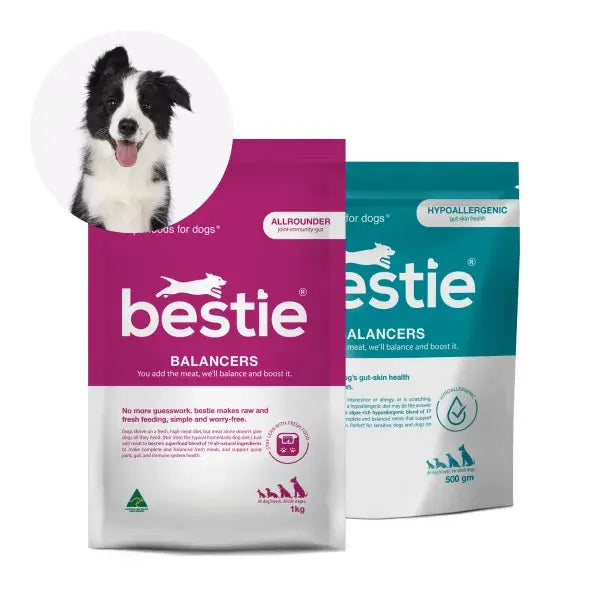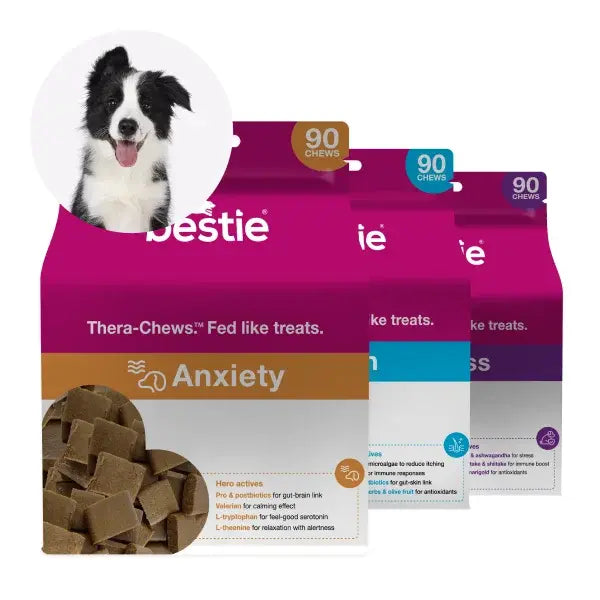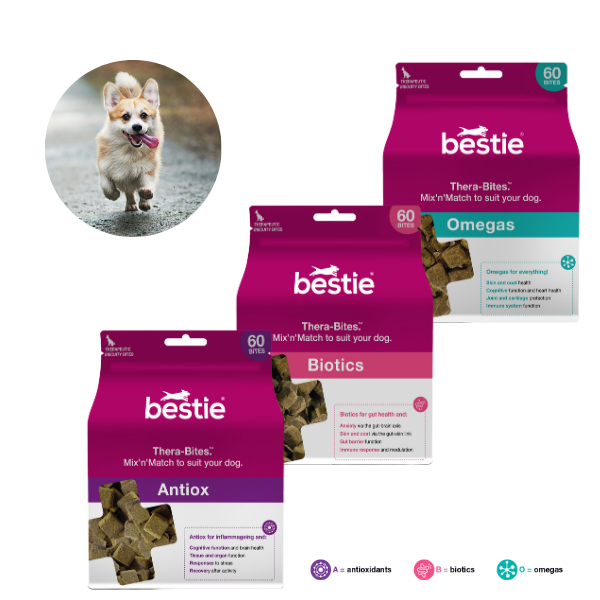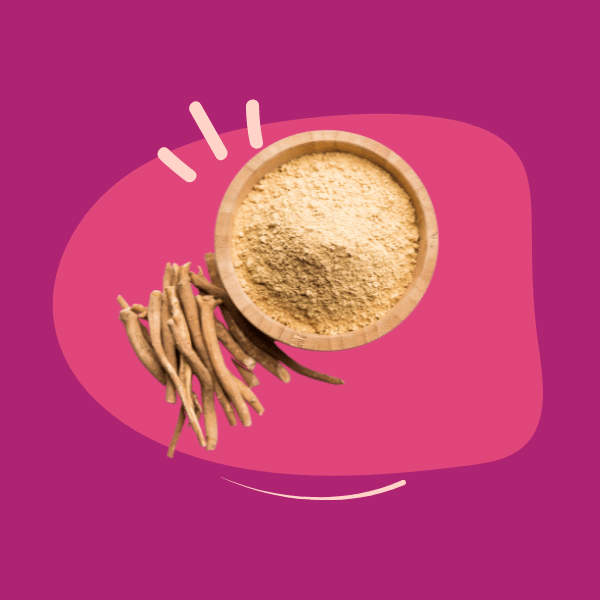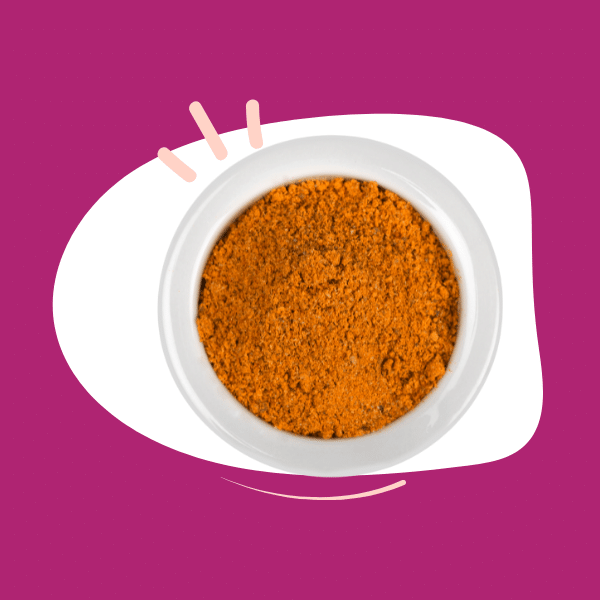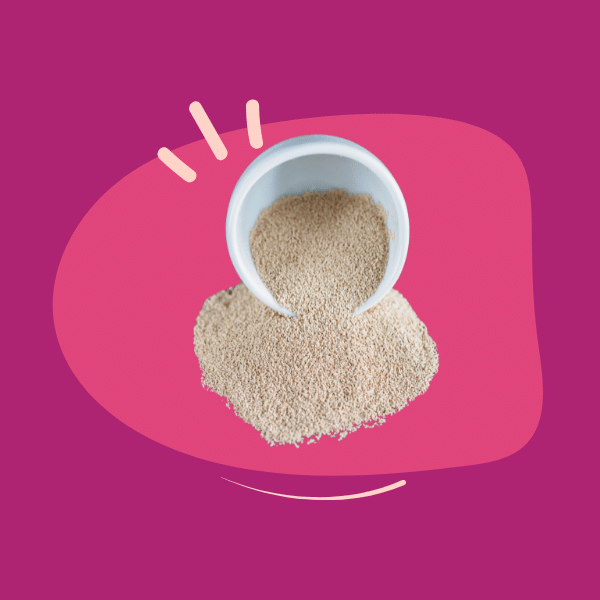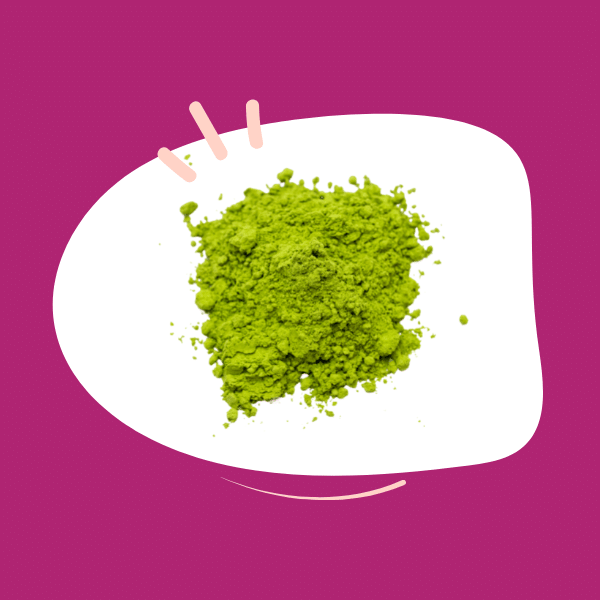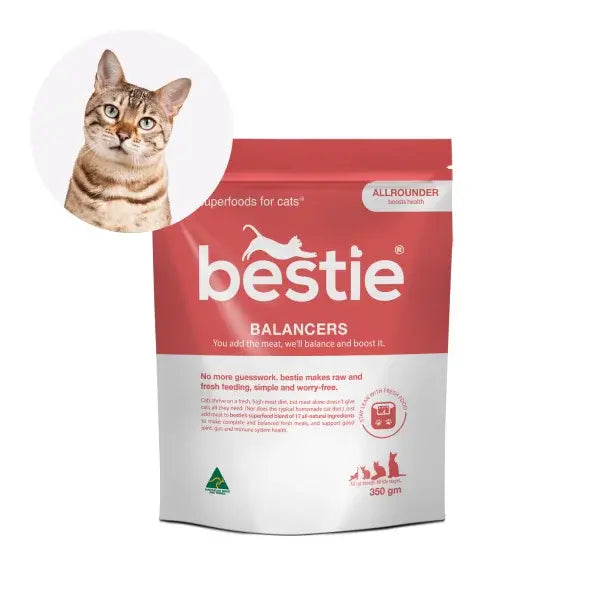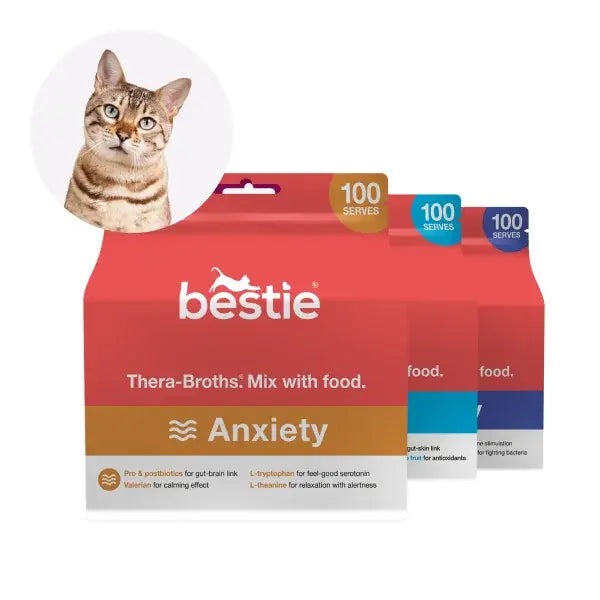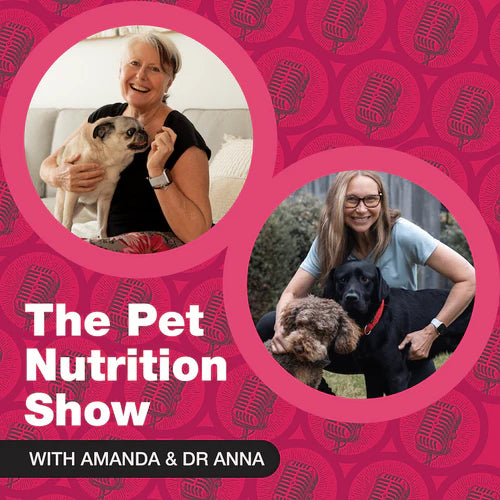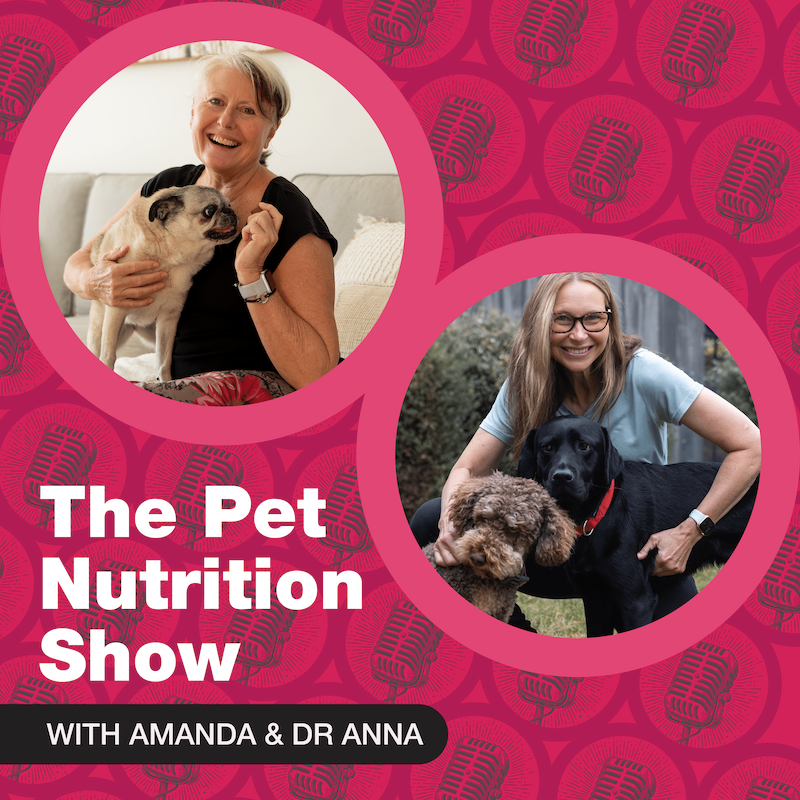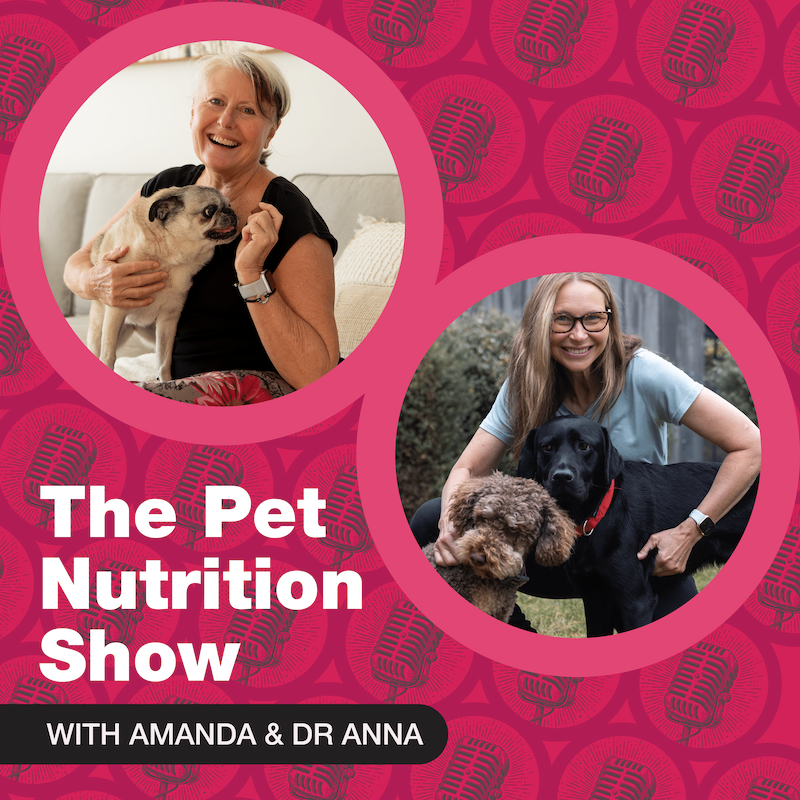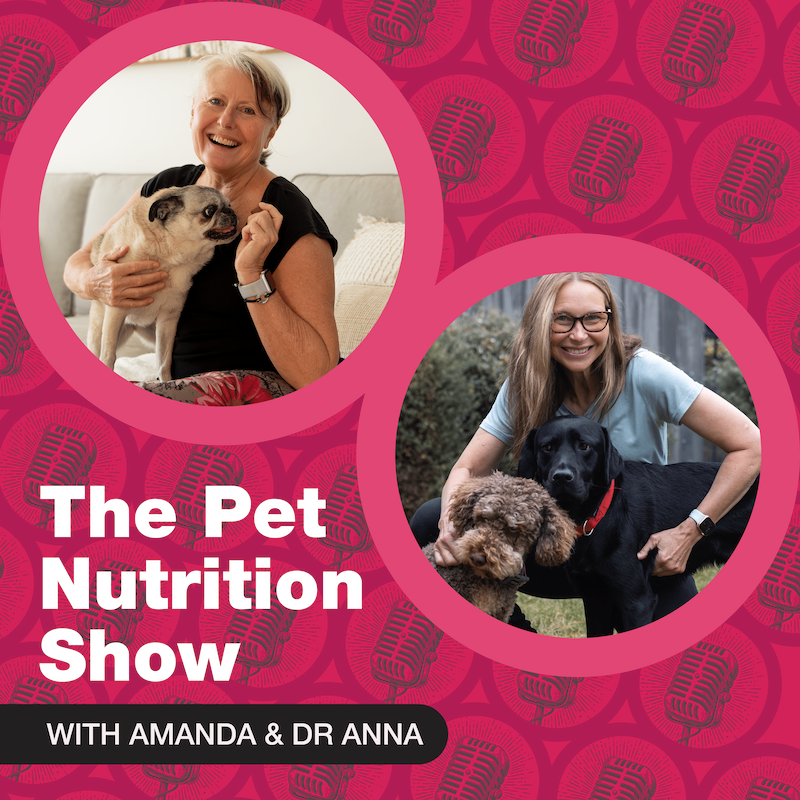In this episode of The Pet Nutrition Show, Amanda and Dr. Anna Sutton explore the causes, symptoms, and dietary management of pancreatitis and liver disease in dogs and cats.
Pancreatitis is the inflammation of the pancreas, a small but vital organ near the stomach that plays a significant role in digestion and hormone regulation. In a healthy state, the pancreas holds digestive enzymes that await activation. However, during pancreatitis, these enzymes become active prematurely and start digesting the pancreas itself, leading to severe pain and various complications in dogs, cats, and even humans.
The discussion emphasises the importance of low-fat, highly digestible diets and highlights some food hacks and supplements that can aid in managing these health issues. The episode wraps up with advice on how to recognize symptoms and seek proper veterinary care.
00:00 Introduction to the Pet Nutrition Show
01:36 Understanding Pancreatitis in Pets
02:45 Causes and Risk Factors of Pancreatitis
05:17 Managing Chronic Pancreatitis with Diet
08:29 Symptoms and Diagnosis of Pancreatitis
09:24 Exploring Liver Disease in Pets
10:04 Nutritional Management of Liver Disease
12:14 Understanding Liver Shunts
16:16 Home Food Hacks for Pets with Pancreatitis or Liver Disease
You can also listen on Spotify or Apple.
Have a listen to the show, but if you’re more of a reader, here's the transcript:
[00:00:00] INTRO: This is the Pet Nutrition Show with Amanda and Dr. Anna.
[00:00:06] AMANDA: Welcome to the Pet Nutrition Show. I'm here with Dr. Anna Sutton and she's going to talk to us today about the pancreas and the liver. and things that go wrong in that area. And I have to admit, this is going to be news to me because I get asked so often by dog owners, particularly about what can I do with my dog that has pancreatitis?
[00:00:28] AMANDA: And I often don't know the answer. So we're going to look at that in just a moment. But before we do, we are going to look at a specific question that relates to pancreatitis.
[00:00:42] INTRO: Pet Q& A, where we answer what you're wondering about food, moods, and poos. What
[00:00:49] AMANDA: treat can I give a dog that has pancreatitis and or a liver disease, Anna?
[00:00:53] ANNA: Yeah, that actually comes up a lot. And basically, it's probably best not to treat if I'm [00:01:00] really, really honest, right? But if you must, and I know owners love doing this and so do I, Stick with something low fat and super digestible, particularly in dogs that are recovering from pancreatitis or have a history of it.
[00:01:14] ANNA: You don't want to be giving these really super high meat, high fat type of treats. Stick with things like air popped popcorn or bits of little cubes of dried up toast or something like that, or plain vegetarian type treats that are Nice and low in fat, highly digestible, and not too big, and again, not too much.
[00:01:35] AMANDA: Excellent. So first up, Anna, what is pancreatitis?
[00:01:40] ANNA: Pancreatitis is actually inflammation of the pancreas. And the pancreas is this little organ that's sitting just near the stomach. And what it does is it plays a really important role in digestion. It's where you get all your digestive enzymes from, if you like, and hormone regulation.
[00:01:57] ANNA: So, so what Pancreatitis [00:02:00] actually is, when the pancreas is in its normal state, everything's hunky dory and all the hormones and, and, uh, digestive enzymes are there, unactivated, but when the pancreas gets inflamed, what happens is these, digestive enzymes that are sitting in the pancreas, waiting to be activated so they can go and do their job, they become activated early and they start to essentially eat pancreas.
[00:02:25] ANNA: So that's actually what pancreatitis is. It's, it's really inflammation and then that can leach out into other organs and cause all sorts of problems. So it's a really actually a. pretty nasty and very, very, very painful condition in both dogs, cats and humans for that matter.
[00:02:43] AMANDA: Right. Well, that sounds pretty dire.
[00:02:45] AMANDA: So what might actually cause it to flare up and become inflamed in that way?
[00:02:51] ANNA: Actually, you know, in terms of causative factors, most cases of pancreatitis are The posh word is [00:03:00] idiopathic, which means of no known cause or origin. However, there definitely are risk factors, right? So risk factors and triggers, which are different to totally being causative, are, for example, high fat diets, changes in diets, the garbage bin syndrome, which is where the dog goes into the garbage bin, or the cat for that matter, and finds, you know, everything they can and eats it all.
[00:03:22] ANNA: That's another one. Obesities. An issue, so overweight pets tend to be at higher risk and then genetics, certain breeds and medications, infections and sometimes just trauma, but as I said, actually, in a lot of cases, the cause actually is unknown, which is pretty frustrating for a lot of owners.
[00:03:42] AMANDA: So how common is
[00:03:44] ANNA: it?
[00:03:44] ANNA: for dogs and cats? Well, it's, I don't know the actual numbers actually, but it's, it's fairly common. I think it's around 10, 15 percent of all dogs will have an episode at some point in their life, but I might be off on those numbers.
[00:03:58] AMANDA: We'll check. [00:04:00] And so I'm imagining that this sort of sudden flare up that you've talked about is the acute form, but there's, there's also chronic pancreatitis, isn't there?
[00:04:09] AMANDA: So is this just like it bubbles away and never goes, never gets better?
[00:04:12] ANNA: Yeah, that's right. The two forms of pancreatitis, just as you say, so the acute form is the one that flares out of the blue, really, really severe, patients usually in hospital. Um, but the good thing is after it's had its treatment and pain relievers and anti inflammatories and so forth or antibiotics if infections, when that pets well again, You know, everything looks hunky dory.
[00:04:34] ANNA: The pancreas has gone back to normal. However, in chronic pancreatitis, that's not the time. It tends to be a much longer, uh, course of disease. It's long and drawn out, often not quite so acute. But the key difference between chronic and acute pancreatitis is that in chronic pancreatitis, you see damage to the pancreas.
[00:04:57] ANNA: And you can see that if you do histology or [00:05:00] biopsies and so forth, or do scans. So that's the key difference. Acute pancreatitis, no actual damage to it. Chronic pancreatitis, definitely damage.
[00:05:10] AMANDA: Well, you talked a little bit there about some of the things that are done to treat acute pancreatitis. So let's talk more about chronic.
[00:05:17] AMANDA: Diet is a, is a factor that can be used to help manage, I guess, this, this chronic form of pancreatitis, isn't it?
[00:05:25] ANNA: Yeah, absolutely. And diet actually is really, really important when managing these chronic patients. And the key thing is, is diets need to be really low in fat. Now I said fat wasn't causative.
[00:05:39] ANNA: But the problem is, is that fat directly stimulates, um, the release of enzymes from the pancreas. So when you've got a doggy with, uh, or cat, or, with, uh, chronic pancreatitis, you want to reduce the workload on the pancreas. So that's why you need a nice low fat diet to try and reduce that stimulus.
[00:05:59] ANNA: [00:06:00] Generally, you need a fat content of about less than 10 percent on a dry matter basis. And it's usually like one and a half. One and a half, 2 percent on if you're looking at wet pet food and a bit more for, for cats actually. So super important. And the other thing is the protein's actually got to be really digestible as well.
[00:06:18] ANNA: Cause that's the second thing that is a big stimulus.
[00:06:21] AMANDA: So what's a really digestible protein though?
[00:06:24] ANNA: So a meat based protein actually is generally more digestible than a plant based protein, or if there are plant based, they need to be isolated, so super digestible. Meat based tend to be of a more complete amino acid profile, not always, and they tend to be a bit easier on the pancreas.
[00:06:42] ANNA: That said, you could also do hydrolyzed Proteins as well, and that could be either meat based or, or plant based source. And, um, that, that's sometimes recommended again to, to reduce, uh, the work on the pancreas [00:07:00] and the digestive tract, but actually also reduced risk of sort of dietary hypertension. Uh, sensitivities that can actually drive pancreatitis as well.
[00:07:10] AMANDA: So I guess if you're a raw or fresh feeder, you're looking for, in summary, lean meats like roux, for example.
[00:07:17] ANNA: Oh, that's kind of a bit, roux, roux is about the best here because that sits at about six, four to 6 percent fat generally on a, on a wet basis and lower sometimes. So roux or venison's another one that's pretty low, all those gamey type meats.
[00:07:34] ANNA: Thanks. Often beef is unfortunately too high because it's often sitting around 10%.
[00:07:39] AMANDA: And what might be the role of, of using like an enzyme supplement?
[00:07:43] ANNA: Yeah. So when the pancreas starts to really stop to function, at some point dogs might need enzyme supplements to support the work of the pancreas. So there's not always the case, but in advanced or, or cases or after a [00:08:00] long, long history of chronic pancreatitis, they can develop this.
[00:08:04] ANNA: thing called exocrine pancreatic insufficiency. And in that case, yeah, digestive enzymes are added to the food to really take over the role of the pancreas really. Yes, they are important.
[00:08:16] AMANDA: So, and as a caveat here, uh, keep the weight off and make sure that you're getting things regularly monitored by the vet.
[00:08:24] ANNA: Absolutely. Absolutely.
[00:08:26] AMANDA: And then finally, How will you know it's going on? So you mentioned that it can be, you know, really painful. So presumably you'll see some, uh, indication of abdominal pain, but what other sort of symptoms might there be that might let you know that there's something going on with the pancreas?
[00:08:42] ANNA: You know, unfortunately, all pretty vague. Vomiting is quite common. Diarrhoea and the change in how the stools actually look. So sometimes you get quite fatty diarrhea, actually. Uh, lethargy is another one, a lot of abdominal pain. You see that often if the dog or [00:09:00] cat's very hunched. They often go off their food.
[00:09:02] ANNA: And if there's an infection, you'll get a fever as well. Although, I couldn't tell you if my dog ever had a fever or not, to be honest. It's
[00:09:11] AMANDA: a bit hard to put your hand on the forehead, really, isn't it? Yeah,
[00:09:15] ANNA: that's right. Ha ha.
[00:09:18] AMANDA: Ha ha. Oh, I don't know, temperature thing up the bum. Okay, let's not go there. So, um, actually, let's move on to liver disease.
[00:09:27] AMANDA: So, what are the most common causes of liver disease in dogs and cats? So, you know, it's like
[00:09:35] ANNA: anything. A whole range of things. So infections, uh, toxins coming in from, you know, medications or plants or chemicals that they've got to in the garden. Genetics plays quite a big role here. Obesity is another one and various metabolic disorders as well.
[00:09:53] ANNA: And then you've got things that are very chronic like hepatitis, liver inflammation, cirrhosis, the [00:10:00] damage and liver tumors also come into. the general term liver disease.
[00:10:04] AMANDA: Now, when you're managing liver disease, and I guess you've talked about a few forms of liver disease there, the diet can play a pretty big role here, can't it?
[00:10:13] ANNA: Yeah, it is. And it's a little bit like GI diets in this regard. So because the liver is a main detoxification organ, what you're really trying to do is reduce its work. As much as possible and then provide all the essential nutrients for repair. And if you like regeneration. So some of the key things you're trying to do here, again, high quality protein and super easily digestible, and that basically reduces the metabolic burden on the liver.
[00:10:42] ANNA: The other key thing here is a low copper diet because. In standard diets, they're usually a bit higher in copper or high, high copper diets depending on the certain ingredients like things high in lamb's liver, for example, you end up with copper accumulating in the liver and that actually just [00:11:00] makes things a whole lot worse.
[00:11:03] ANNA: Diet's usually high in antioxidants to try and reduce the oxidative stress on the liver. And again, omega 3 fatty acids come into this as well to try and help with the inflammation. Uh, the other thing is a bit like, uh, pancreatitis, high fat diets are generally avoided. So you might not need to go super, super low, but, uh, you certainly don't want to go high.
[00:11:29] AMANDA: And there are some supplements that can actually help things along, can't they? Like, like milk, milk thistle is a common one that we're asked about.
[00:11:36] ANNA: Yeah, there's quite, quite a few actually. So, uh, SAMI, however you want to say that, um, is one of them that you, that, uh, tackles, again, antioxidants defences. And then milk thistle, um, that's been used for.
[00:11:51] ANNA: Centuries for liver problems and that actually seems to help liver regeneration and help protect against toxins as well. [00:12:00] A bit more mainstream, vitamin E, just again an antioxidant again, that seems to be protective. And I mentioned them already, the omega 3 fatty acids as well come into play here.
[00:12:14] AMANDA: And then there's something very specific called the liver shunt.
[00:12:18] AMANDA: Isn't it? Which sounds like, it sounds like a swear word, really. Yeah. Liver shunt, I say to you.
[00:12:24] ANNA: It kind of does, doesn't it? It kind of does, and it's a really sort of interesting sort of thing. So a liver shunt's basically an abnormal blood vessel that basically bypasses the liver, and it makes the blood flow directly from the digestive system back to the systemic circulation without being, if you like, filtered.
[00:12:46] ANNA: And anyway, the end result is you get accumulation of toxins in the bloodstream and that leads to lots of different health, health issues. And you can't get two types. They've got the congenital ones that are present in birth [00:13:00] or you get ones that are acquired, that are acquired and that's just often due to liver disease or liver failing.
[00:13:07] ANNA: And they can either be in the liver, intra hepatic, or outside of the liver, which is extra hepatic. The, the key things when you're dealing with them from a nutritional point of view are the same regardless of where they, they actually are.
[00:13:22] AMANDA: And in summary, a whole bunch of crap ends up in the bloodstream.
[00:13:25] ANNA: Yeah, basically. So, so the poor old doggy.
[00:13:28] AMANDA: That's the non doctor version.
[00:13:30] ANNA: Yeah, that's right. You get loads of toxin buildup. You can get some pretty big and Uh, nutrient imbalances carrying on there as well. And then if it's a congenital one, it's usually picked up because the animals, animals just not growing right.
[00:13:45] ANNA: And then neurological symptoms. So tics, seizures. When I say tics, not the little, you know, animal tic, but the movement disorders. Yes. Twitches, that's it. Disorientation, um, weird behaviors, that sort of thing can, can [00:14:00] happen when, when things go a little bit awry.
[00:14:02] AMANDA: And nutrition, again, can assist dogs with a liver shunt or with liver shunts.
[00:14:08] ANNA: Yeah, absolutely. And one of the key things is, is in liver shunts is you want a high, highly digestible diet, highly digestible protein, but you actually want probably a lower protein type diet. Because when you have a very high protein intake, this increases the production of ammonia and that's what liver also helps get rid of.
[00:14:31] ANNA: So when it's not working, you get a buildup and you kind of really don't want that. So low protein diet, moderate fat content, because that can just complicate things. Usually the diet is quite high in carbohydrates to basically give the energy and they help with maintaining the glucose levels as well.
[00:14:50] ANNA: And then, uh, again, just as in the other, the other liver type disorders, restricted COPP is super important. And [00:15:00] then the other thing people sometimes do is increase the vitamin B and antioxidants as well.
[00:15:04] AMANDA: But in types of protein, you have suggested, I think in the past, things like cottage cheese. Eggs.
[00:15:11] ANNA: Yeah. That, that's absolutely it. So if you're making a homemade type liver diet, then cottage cheese and eggs are great. Really super highly digestible, they're, and also not as high. And then you'd use starches like, uh, rice or pasta or something to, to increase the energy load.
[00:15:32] AMANDA: Any other nutrition tips for dogs with liver shunt?
[00:15:36] ANNA: Actually, one of the interesting things, uh, people have been looking at is probiotics to try and bring down the ammonia load, actually. So that's one of the other things that, uh, that people look at. But again, even with liver shunts, basic things, antioxidants from vitamin E or other sources. Fibre actually to, [00:16:00] as I just mentioned, to help reduce the ammonium absorption, uh, probiotics as well in this case.
[00:16:06] ANNA: Extra B vitamins, often used here. And I think that's probably about it on that one. And again, I think you could probably use the others as well.
[00:16:15] AMANDA: Thank you very much for that. And now it is time for a food hack.
[00:16:20] INTRO: It's time for Home Food Hacks with Dr. Anna.
[00:16:23] AMANDA: Now I know earlier you said that basically if your dog has pancreatitis just don't give them treats but that's a pretty tall order.
[00:16:31] AMANDA: So if you do want to give your dog treats and they've got pancreatitis or in fact a liver disease, what's a little food hack they could use?
[00:16:40] ANNA: Well I keep going on about popcorn. I have a lot of popcorn in my house, but popcorn or ice puffs?
[00:16:50] AMANDA: This is you really follow the one for me, one for you rule, really, don't you?
[00:16:54] ANNA: Yeah, it's more like that actually. So, um, unsalted popcorn or [00:17:00] rice puffs, if you happen to get, um, you know, the rice puff cereal, uh, works pretty well. If you want to go a bit fancy, the other thing you could do is use sweet potatoes and basically chop them into little sticks or cubes, whichever you you want.
[00:17:16] ANNA: And if you bake them at around, around 100 to 120 C or so for maybe two or three hours, they'll become quite chewy and a little bit curly around the edges. And this makes quite a nice treat as well. It also gives you some extra antioxidants, fibers, and vitamins and minerals in there as well. And they're tasty for us too.
[00:17:36] ANNA: Excellent. Yeah, only thing with those, keep them in the fridge, use them up fairly soon, because you've probably not got them really, really dry. In that drying time, you don't want them to go mold.
[00:17:50] AMANDA: Fair enough. That's excellent. Well, I've really enjoyed talking with you today about pancreatitis and liver disease.
[00:17:57] AMANDA: And we hope that you've enjoyed this [00:18:00] episode as well. If you've got a comment or a review, we would love to see it on anywhere where you're listening to The Pet Nutrition Show. And of course, if you've got a question, then hit us up with that by email, Instagram, or Facebook. And we will see you next time for The Pet Nutrition Show.
[00:18:17] INTRO: The Pet Nutrition Show is proudly presented by PLANET A Pet Food. Bringing dogs a flexitarian diet that's good for them and the planet.


